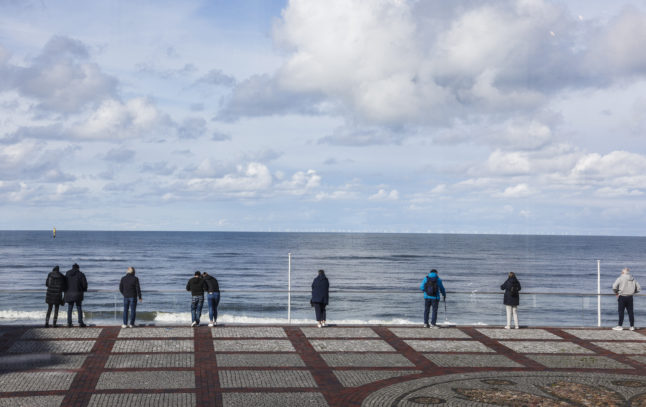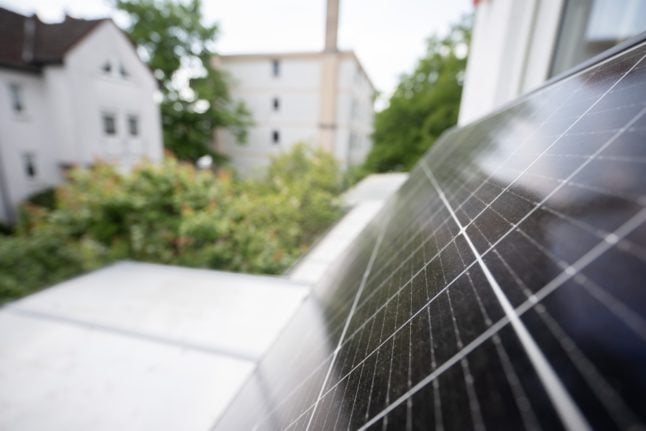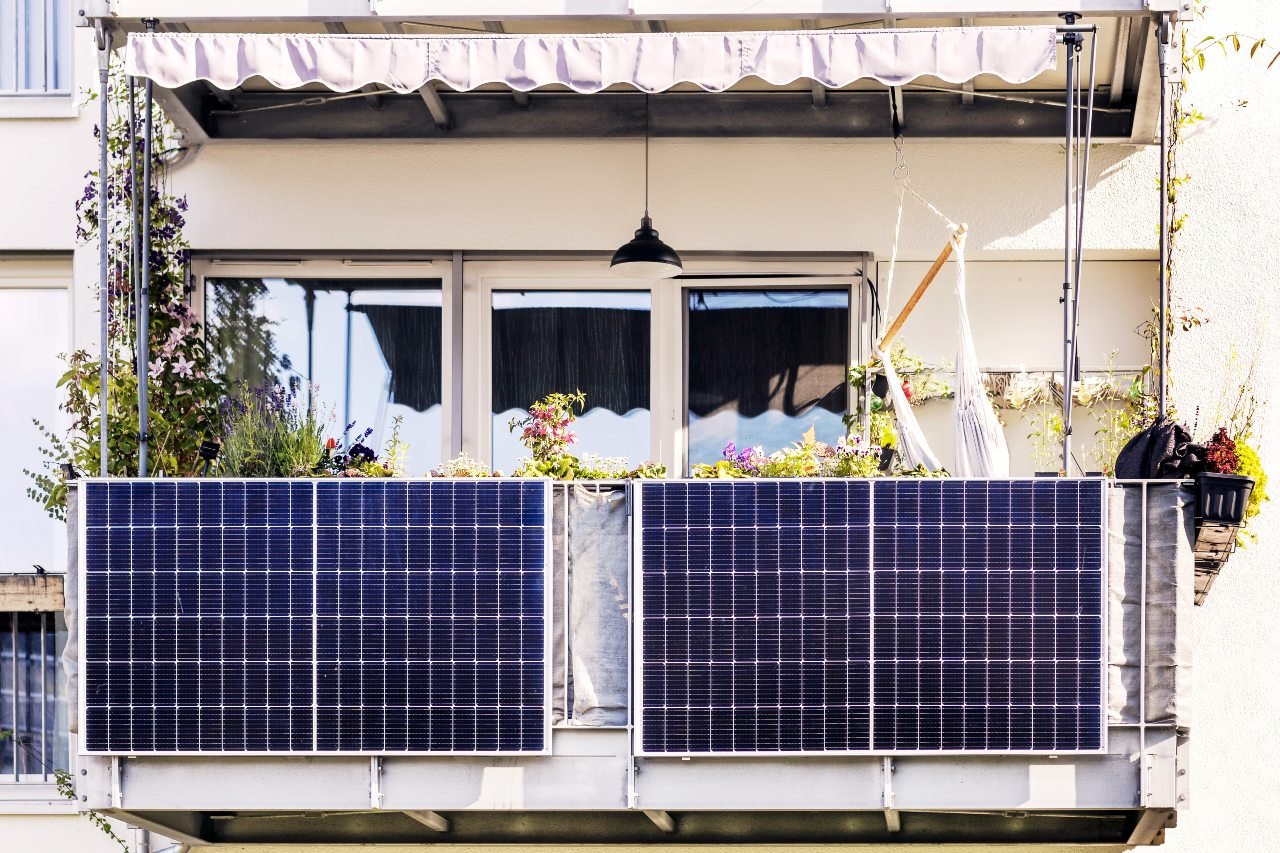“Without significant reductions, including in private households, it will be difficult to avoid a gas shortage this winter,” Federal Network Agency (BNetzA) head Klaus Müller said in a statement.
Figures from the agency published on Thursday showed consumption of 483 gigawatt hours (GWh) for the week beginning September 19th, well above the average of 422 GWh for 2018 to 2021.
“Although the week was significantly colder than the same week in previous years, the savings required to avoid a gas shortage must be achieved regardless of temperatures,” the agency said.
A reduction of at least 20 percent would be needed to avoid shortages, it added.
READ ALSO:
- Cold winter in Germany could spark gas shortage, warns regulator
- When should I turn my heating on in Germany?
Russia’s invasion of Ukraine has led to an acute energy crisis in Germany, with Moscow increasingly squeezing gas supplies.
Europe’s biggest economy was previously heavily dependent on Russian gas and has been scrambling to secure supplies from elsewhere.
BNetzA on Thursday said Germany’s gas storage facilities were 91.5 percent full heading into the winter but more savings were still necessary.
“Gas must be saved, even if it gets even colder towards winter. This will depend on each and every one of us,” Müller said.
The German government has repeatedly called on consumers to save energy amid the turmoil caused by the war in Ukraine.
Vonovia, the country’s largest property group, plans to limit the temperature in its 350,000 homes to 17C at night.
Germany’s Bundestag lower house of parliament is also planning to turn off the hot water in its offices and keep the air temperature no higher than 20C this winter.




 Please whitelist us to continue reading.
Please whitelist us to continue reading.
Member comments